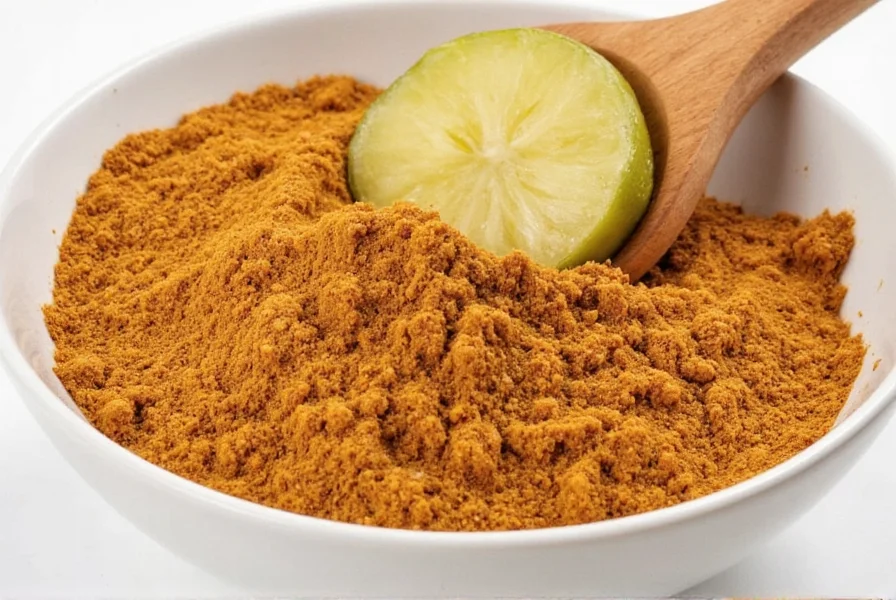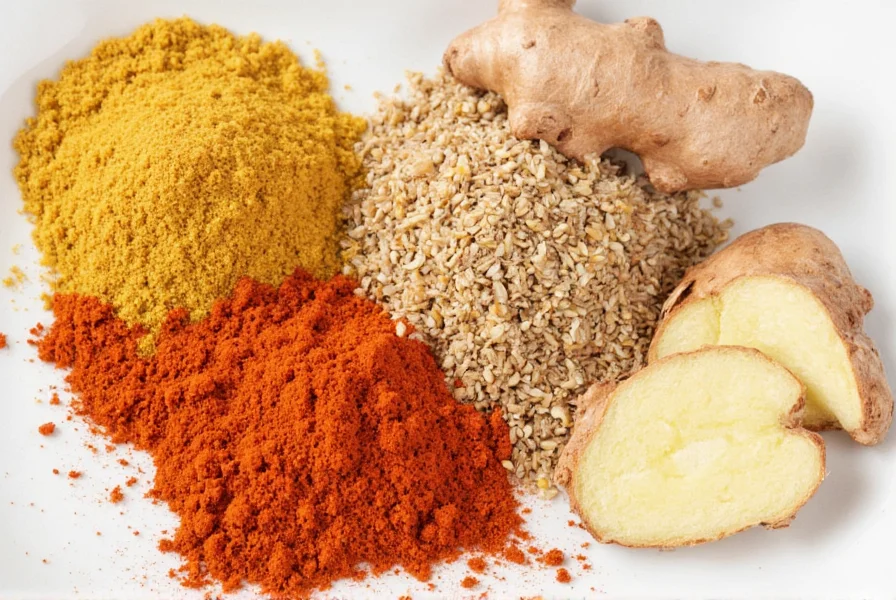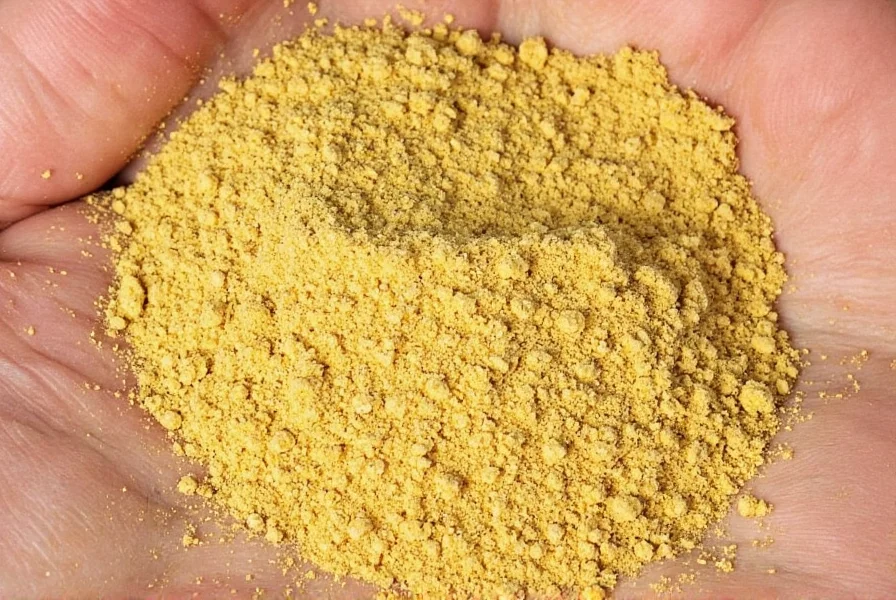You searched for 'ginger pwder'—this is a common misspelling of 'ginger powder'. There's no such thing as 'ginger pwder'; it's a typo for 'ginger powder'. In this article, we'll explain what ginger powder really is, why this misspelling happens, and how to use it correctly in your cooking and baking. Let's clear up the confusion!
Table of Contents
- Why 'Ginger pwder' is a Misspelling
- What Is Ginger Powder?
- Uses of Ginger Powder
- Ginger Growing Tips
- Buying Guide for Ginger Powder
- How to Use Ginger Powder
- Frequently Asked Questions
- Conclusion
Why 'Ginger pwder' is a Misspelling
'Ginger pwder' is a frequent misspelling of 'ginger powder' where the 'o' is accidentally omitted. Search engines like Google recognize this common typo and automatically redirect users to accurate information about ginger powder. This article addresses the misspelling directly to ensure you get correct details about this versatile spice.
What Is Ginger Powder?
Ginger powder is made by drying fresh ginger root and grinding it into a fine powder. It's a concentrated form of ginger, offering the same spicy, slightly sweet flavor as its fresh counterpart—but without the need for peeling, grating, or chopping. There is no such thing as 'ginger pwder'; this term only exists due to typing errors.
| Feature | Fresh Ginger | Ginger Powder |
|---|---|---|
| Flavor | Strong, pungent, and sharp | Milder, slightly sweet, and earthy |
| Texture | Crunchy and fibrous | Powdery and fine |
| Usage | Grated, sliced, or juiced | Used in recipes that require a powdered spice |
| Storage | Needs refrigeration or freezing | Can be stored in a cool, dry place |

Uses of Ginger Powder
Ginger powder is incredibly versatile. Here are some of the most popular ways to use it:
- Baking: Add it to cookies, cakes, and breads for a warm, spiced flavor.
- Cooking: Use it in stir-fries, soups, and sauces for a subtle kick.
- Tea: Make a soothing cup of ginger tea by steeping it in hot water.
- Smoothies: Boost your morning smoothie with a pinch of ginger powder for an energy boost.
- Marinades: Use it in meat or vegetable marinades for added depth and flavor.
If you're looking for a simple way to start using ginger powder, try this classic recipe:
Simple Ginger Tea Recipe
- 1 teaspoon of ginger powder
- 1 cup of boiling water
- 1 teaspoon of honey (optional)
- 1 slice of lemon (optional)
Steep the ginger powder in the hot water for 5–10 minutes. Add honey or lemon to taste. This is a great way to enjoy the warming properties of ginger.

Ginger Growing Tips
If you're a gardening enthusiast, you might be interested in growing your own ginger. While it's not as common as other herbs, ginger is relatively easy to grow and can thrive in both indoor and outdoor settings.

To grow ginger, start with a fresh ginger root from the grocery store. Choose a root that's firm, plump, and has visible buds. Plant it in a pot with well-draining soil, keeping it in a warm, sunny spot. Water regularly but avoid overwatering.
After a few months, you should see green shoots emerging. Once the plant has grown sufficiently, you can harvest the rhizomes (the part used as ginger) and either use them fresh or dry them to make your own ginger powder.
Buying Guide for Ginger Powder
When shopping for ginger powder, there are a few key factors to consider:
Quality and Purity
Look for ginger powder that is 100% pure and free from fillers or additives. Some brands may add cornstarch or other substances to stretch the product, which can affect the flavor and potency.
Source and Origin
Ginger powder can come from various regions around the world, including India, China, and Jamaica. Each region may offer slightly different flavor profiles, so experimenting with different sources can be fun.
Processing Method
The way ginger is dried and ground affects the final product. High-quality ginger powder is usually made from freshly dried ginger, resulting in a more aromatic and flavorful product.
Best Brands for Ginger Powder
- Trader Joe's Ginger Powder: Affordable, high quality, and great for everyday use.
- Kirkland Signature Ginger Powder: A premium option with strong flavor and aroma.
- McCormick Ground Ginger: A reliable brand that's widely available and consistent in quality.
Each of these options has its own unique benefits. For example, Trader Joe's is ideal for those who want to save money, while Kirkland offers a richer, more intense flavor for gourmet cooking.
When to Use Ginger Powder
Ginger powder is best suited for recipes where a mild, earthy flavor is desired. It works well in baked goods, sauces, and beverages. However, if you're making something like a spicy stir-fry or a fresh ginger salad, you might prefer using fresh ginger instead.
How to Use Ginger Powder
Using ginger powder is straightforward, but it's important to remember that it's more potent than fresh ginger. Start with a small amount and adjust to taste.
Basic Guidelines
- For Baking: Use about 1/2 to 1 teaspoon per cup of flour.
- For Cooking: Add 1/4 to 1 teaspoon per serving, depending on how strong you want the flavor.
- For Tea: A teaspoon of ginger powder in a cup of hot water is a good starting point.
If you're new to ginger powder, try adding a pinch to your coffee or oatmeal for a warm, comforting kick. You can also mix it into your favorite smoothie for an extra burst of flavor and energy.
Frequently Asked Questions About Ginger Powder
Why does my search for "ginger pwder" show this page?
Search engines recognize common misspellings like "ginger pwder" (missing the "o" in powder) and automatically direct users to accurate information about ginger powder. This page provides correct details about ginger powder, including its uses, health benefits, and how to use it properly. "Ginger pwder" isn't a real product—it's simply a typo for "ginger powder".
What is ginger powder?
Ginger powder is made by drying fresh ginger root and grinding it into a fine powder. It's a concentrated form of ginger that offers a convenient way to add ginger flavor to dishes without the need for peeling, grating, or chopping fresh ginger.
How is ginger powder different from fresh ginger?
Ginger powder has a milder, slightly sweeter flavor compared to fresh ginger, which is more intense and pungent. Powder is more convenient for certain recipes like baking, while fresh ginger works better when you want a stronger, sharper ginger flavor. As a general rule, 1/4 teaspoon of ginger powder equals about 1 tablespoon of fresh grated ginger.
What can I use ginger powder for?
Ginger powder is incredibly versatile. You can use it in baking (cookies, cakes, breads), cooking (stir-fries, soups, sauces), making tea, adding to smoothies, and creating marinades. It's perfect for any recipe where you want a warm, spiced flavor without the fibrous texture of fresh ginger.
How much ginger powder should I use in place of fresh ginger?
The general conversion is that 1/4 teaspoon of ginger powder equals approximately 1 tablespoon of fresh grated ginger. However, since flavor intensity can vary by brand, it's best to start with less and adjust to your taste preferences.
How should I store ginger powder to keep it fresh?
Store ginger powder in an airtight container in a cool, dark place away from heat and moisture. Properly stored, it can maintain good flavor for 2-3 years. Avoid storing it near the stove or in direct sunlight, as heat and light can degrade the flavor more quickly.
Is ginger powder good for you?
Yes, ginger powder retains many of the health benefits of fresh ginger, including anti-inflammatory properties and aiding digestion. It contains gingerol, the bioactive compound responsible for many of ginger's health benefits. However, the drying process may reduce some of the volatile compounds found in fresh ginger.
Can I make my own ginger powder at home?
Absolutely! To make your own ginger powder, peel and thinly slice fresh ginger, dry it completely (using a dehydrator or low-temperature oven), then grind it into a fine powder using a spice grinder or mortar and pestle. Home-made ginger powder often has a fresher, more vibrant flavor than store-bought versions.
Conclusion
Ginger powder is a must-have in any spice cabinet. Whether you're a professional chef or just experimenting in the kitchen, it offers a convenient and flavorful way to add warmth and depth to your dishes. From baking to beverages, the possibilities are endless.
Remember, when choosing ginger powder, look for high-quality, pure products that reflect the natural flavor of ginger. With a little experimentation, you'll find the perfect way to incorporate it into your cooking routine.
In summary, ginger powder is a versatile and delicious addition to any kitchen. Its mild yet distinctive flavor makes it a great alternative to fresh ginger in many recipes. So why not give it a try and discover the many ways it can enhance your meals?
As you explore the world of spices, don't forget to keep an open mind and experiment with different ingredients. The journey of discovering new flavors is just as rewarding as the final dish itself.










 浙公网安备
33010002000092号
浙公网安备
33010002000092号 浙B2-20120091-4
浙B2-20120091-4